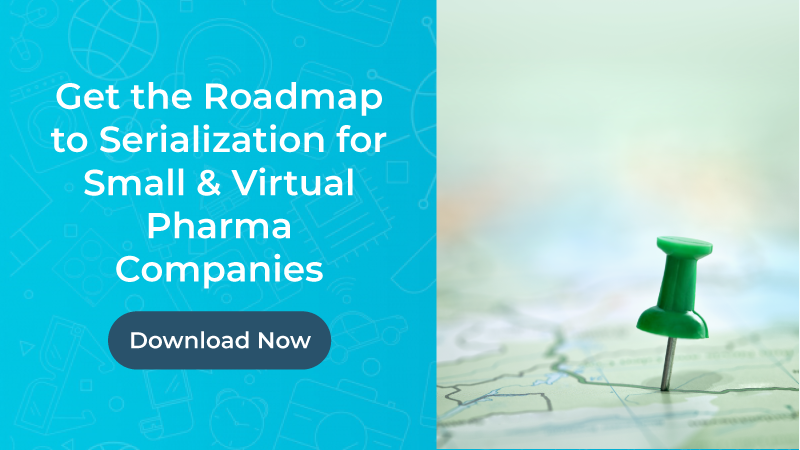Serialization the Crucial Element in Improving Food Safety
By Andre Caprio | Posted on March 18, 2024

Food is necessary to sustain life, and for many of us, it is one of our great pleasures. We all require safe, nutritious food to maintain health and wellness. Food safety, nutrition, and food security are all intrinsically linked. When food is unsafe, it creates risks, especially for those vulnerable, such as children, the elderly, and the sick. Serialization technologies can help protect the safety of our food supply.
Foodborne illnesses are reported to cause an estimated 48 million illnesses, 128,000 hospitalizations, and 3,000 deaths each year in the United States. These illnesses stem from contaminated food due to harmful bacteria, viruses, parasites, and chemicals in food. The most common symptoms of food poisoning are diarrhea, stomach pain or cramps, nausea, vomiting, and fever; in severe cases, they can lead to hospitalization or even death.
Norovirus is the leading cause of viral foodborne illness, followed by Hepatitis A and Hepatitis E. Annually, norovirus is estimated to cause 125 million cases of foodborne illness and 35,000 deaths globally.
Foods Most Often Contaminated
Some foods are more prone to contain contaminants that make people ill, especially raw or undercooked foods from animals, such as meat, chicken, eggs, milk, and seafood. Raw vegetables, grains, and fruits, including leafy greens, and flour can also harbor germs. However, any food can be contaminated throughout the food production chain, or through cross-contamination in the kitchen.
When contaminated foods are identified, product recalls are often necessary to prevent the spread of foodborne illnesses.
Food Traceability to Improve Food Safety
Foodborne illnesses significantly deter public health and are estimated to cost the United States more than $15.6 billion annually. According to the CDC, foodborne diseases impede socioeconomic development by straining healthcare systems and harming national economies, tourism, and trade.
These pervasive illnesses have spotlighted food safety and the need for food traceability so that an organization can quickly identify the origin of food and how it has traveled through the supply chain. Traceability is vital to ensuring the safety of agricultural products by providing a fast and efficient method to track potentially contaminated products, which is indispensable in preventing foodborne illnesses and further spread. Effective traceability requires serialization and a track and trace system.
Serialization assigns a unique identifier to a product (a serial number), at its lowest salable unit, and adds information about the product origin to the specific serial number. Serialization enables visibility of the product’s lifecycle as it moves throughout the food supply chain – starting with the farm down to the sellers’ level. A track and trace system verifies that the information on the label is valid. Track and trace systems use serial numbers to track individual products throughout the supply chain, from farm to table. Modern track and trace are cloud-based systems and provide 24/7/365 access for product verification that can help protect individuals from foodborne illnesses.
Regulations on the Horizon
Regulations that serialize products are already in place for the pharmaceutical industry. The US has enacted the Drug Supply Chain Security Act (DSCSA), whose core objectives are to protect consumers from exposure to dangerous drugs, including counterfeits, diverted, stolen, and contaminated medicines, and facilitate how the industry manages and executes the drug recall process. The law mandated that all medications must be serialized so that they can be tracked and traced from manufacturer to dispenser. The FDA is implementing similar laws with the Food Traceability Rule.
By implementing serialization in agriculture, stakeholders can improve transparency, facilitate product recalls, and enhance product safety and quality control measures. Serialization can play a crucial role in ensuring the safety, reliability, and quality of food products while contributing to the sustainability of the industry.

